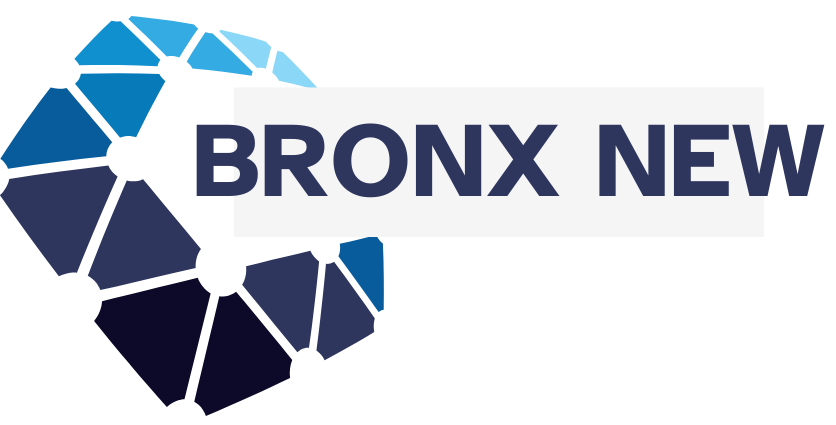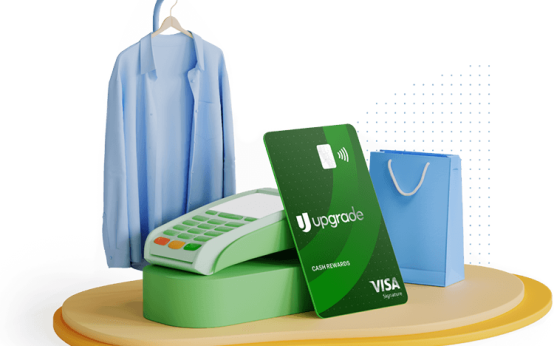Top Credit Card Issuers in the US
- Chase – Houses award-winning cards like Freedom Flex, Sapphire Preferred, and Freedom Unlimited—perfect for reward maximizers.
- American Express (Amex) – Supplies premium travel and cashback options like Platinum and Blue Cash Preferred.
- Capital One – Offers straightforward cash-back travel cards (e.g. Venture, Quicksilver) and credit-builder options.
- Discover – Known for rotating 5% cashback categories (Discover it), $0 fees, FICO score access, and rich U.S.-based support.
- Navy Federal Credit Union – Tailored to military and families with low APRs, credit builders, and reliable support.
Major Bank Credit Cards
U.S. banks such as Chase, Citi, or Bank of America offer cards with sign-up bonuses, introductory APR offers, and rich rewards for travel, dining, groceries, or gas. These cards require good to excellent credit but offer significant value when balances are paid on time.
Chase Freedom Flex
The Chase Freedom Flex is a $0-annual-fee cash-back card that becomes exceptionally valuable when paired with Chase Sapphire cards, unlocking greater point redemption potential via the Ultimate Rewards ecosystem. You’ll earn 5% cash back on up to $1,500 in quarterly rotating bonus categories, plus 5% on travel through Chase Travel, 3% on dining and drugstores, and 1% on everything else. New cardholders enjoy a $200 bonus and an intro 0% APR for 15 months on purchases and balance transfers. Best of all, your Ultimate Rewards points can be transferred to Chase Sapphire cards or travel partners—unlocking redemption values up to 2¢ per point.
Fintech or Online-Only Credit Cards
Fintech issuers like Petal, Chime, and Upgrade approve cardholders based on income and banking behavior rather than credit scores. Most offer no annual fees, no foreign transaction fees, monthly reporting to U.S. bureaus, and digital-first tools—though rewards are typically modest.
Secured Credit Cards for Building Credit
Cards such as Discover it® Secured and Capital One Platinum Secured require refundable deposits, carry no annual fees, report to all bureaus, and often have automatic upgrade paths. Many also offer cash-back or low APR features—making them efficient tools for rebuilding credit.
Retail Store Credit Cards
Store-specific cards (Target RedCard, Amazon Card, etc.) offer retail perks and store discounts but have limited acceptance, high APR, and fewer protections. General-purpose cards typically deliver broader financial value for long-term use.
How Credit Cards Impact Your Finances and Credit Score in the US
- Always read the cardholder agreement, avoid high-interest debt, and strive to pay in full monthly.
- Credit utilization ratio: Keeping it under ~30% helps boost your FICO score.
- On-time payments: The strongest factor in credit history—while carrying balances can lead to heavy compound interest.
- Debt-to-Income (DTI) ratio: Cards contribute to your DTI, influencing eligibility for major loans like mortgages.
- Balance transfers can lower interest, but only if managed strictly.
- Many cards offer perks like purchase protection or rental car insurance—often underused.
- Multiple hard inquiries from frequent applications can temporarily drop your score.




